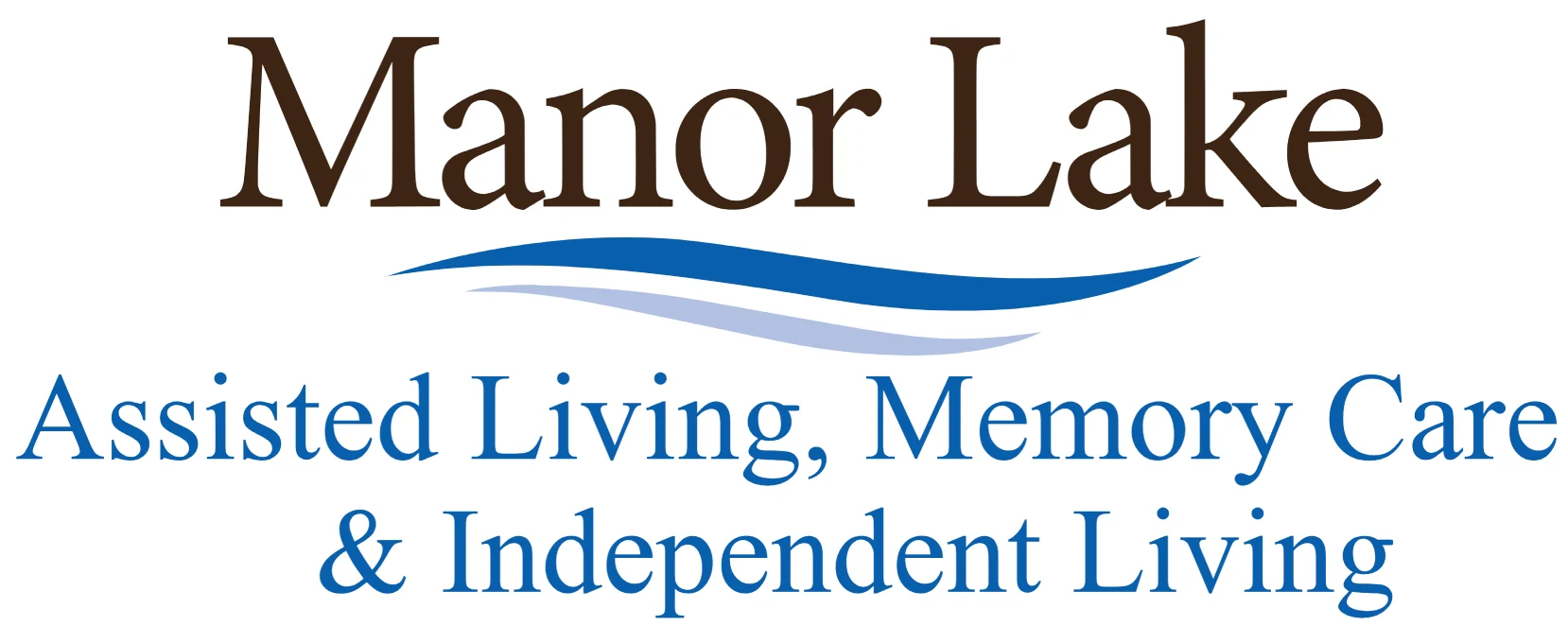
If you have been diagnosed with memory impairment, stop and realize that you are not alone and that you are loved. Consider all of us here at Hiram’s Manor Lake Assisted Living & Memory Care to be a ready, empathetic, loving, and professionally experienced resource for you.
The level of grief associated with memory loss, both for the person with the impairment and for the caregivers, can be unexpected. These complicated feelings are valid and should be acknowledged to heal. Here are four strategies for coping with the grief associated with a memory impairment diagnosis:
Communicate With Your Loved Ones
The five stages of grief are denial, anger, bargaining, depression, and acceptance. Consider that you and your loved ones may be at different points in your grief journey and that acceptance may never fully happen. To ease the process, keep communication open and transparent with everyone involved. Compartmentalizing your emotions may also help you focus on the positive moments while you’re together, while carving out time for processing the loss after your visit.
Acknowledge the Stress and Sadness
When memory impairment begins to take its toll, grief and loss can feel overwhelming. Everyone copes with sadness in different ways, so it’s important to find the coping mechanisms that work best for caregivers and for a loved one experiencing memory loss. Acknowledge the stress and sadness that might be weighing you down, and focus on moving forward to enjoy time together. Start with identifying triggers that produce discomfort and implement habits to reduce stress levels.
Be Patient with Yourself and Your Loved Ones
Memory impairment can drastically change the parameters of a relationship, reversing the roles of who takes care of whom. Acclimating to a transition of power like this may take some time for everyone involved. Memory issues can also make you feel a loss of connection with your loved ones. Make time to vocalize the re-framing of your relationship and remain patient while you discover new connections.
Do Some Research and Find a Community
There is a wealth of knowledge on the internet and in print material about dementia and Alzheimer’s disease. Our assisted living and memory care blog is a perfect example. People who experience memory impairment may process their grief and cope with their situation in different ways. Researching the science and psychology behind memory impairment will help caregivers understand and empathize with their loved one’s emotional reactions.
If you’re looking for professional assistance, our caregivers and staff are always happy to talk about the challenges you or your loved one are facing. Learning successful methods from experienced caregivers may provide families with the methods they need to keep loved ones comfortable.
We Are Here to Help
Memory impairment brings with it a sea of new emotions and experiences for both caregivers and loved ones suffering from dementia or Alzheimer’s disease. Communicating and acknowledging your feelings of loss, being patient with yourself, and learning from a community of supporters are just four small ways to reduce stress as you move through the grief cycle.
If you are ready to speak to a professional, Manor Lake Assisted Living and Memory Care can help answer your questions and provide the resources you’re looking for.
